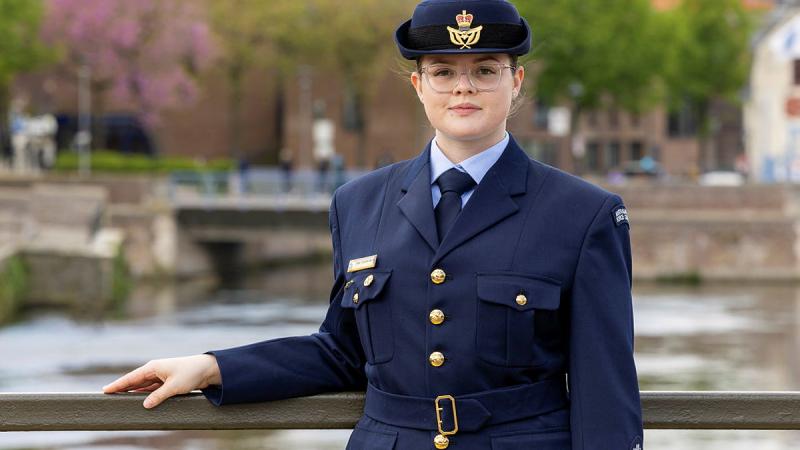Hunter Local Land Services is urging horse owners to be aware that winter 2020 may provide suitable climatic conditions and subsequently a period of heightened risk for Hendra Virus cases in horses.
The case in the Upper Hunter last year, suggests that we must not become complacent and that Hendra virus infections can occur in our area.
BatOneHealth (batonehealth.org) are a global team of experts who have been studying the complex interactions between climate, land use, flying fox ecology, Hendra virus dynamics and the concurrent risk to horses and humans.
District Veterinarian Kristi Arnot said this group has recently advised that Winter 2020 represents a period of heightened risk for Hendra Virus spill over into horse populations.
“There were similar climatic and ecological conditions leading up to Winter 2011 and Winter 2017, which saw the largest numbers of equine cases, and the prediction is for similar climatic conditions this year,” said Kristi.
“June through to October is considered a high-risk time for Hendra infection in horses, because flying foxes are under pressure to find food in Winter.
“Actions now by vets and their clients can reduce this risk by ensuring horses are protected from infection, please be aware if there is sufficient close contact between an infected horse and a person then human infection becomes possible.”
Hendra virus is a virus carried by flying foxes (who are unaffected by the virus) and can be deadly to both humans and horses. Hendra virus is transmitted from flying fox to horse, via the ingestion by the horse of flying fox bodily fluids most likely dropped from overhead trees contaminating pasture, feed, water troughs etc. Hendra virus can then be spread from horse to horse, horse to dog and horse to human via close contact with respiratory secretions, blood or any other bodily fluid from an infected horse.
“Since the disease was first recognised in 1994, 62 outbreaks have been recorded with 104 horse deaths and 7 human infections have resulted in 4 deaths,” said Kristi.
“To protect both your horses and yourself, it is recommended to vaccinate your horse, as there is no human vaccine.”
There is no specific treatment for infected horses, and euthanasia is often required on welfare grounds whilst awaiting test results.
“Your decision whether or not to vaccinate your horse should be made in consultation with your veterinarian.,” said Kristi.
“This is an important discussion to have with your private veterinary practitioner so that they can safely attend and treat your horse in times of illness.
“Access to veterinary attention may not always be available for unvaccinated horses.”








